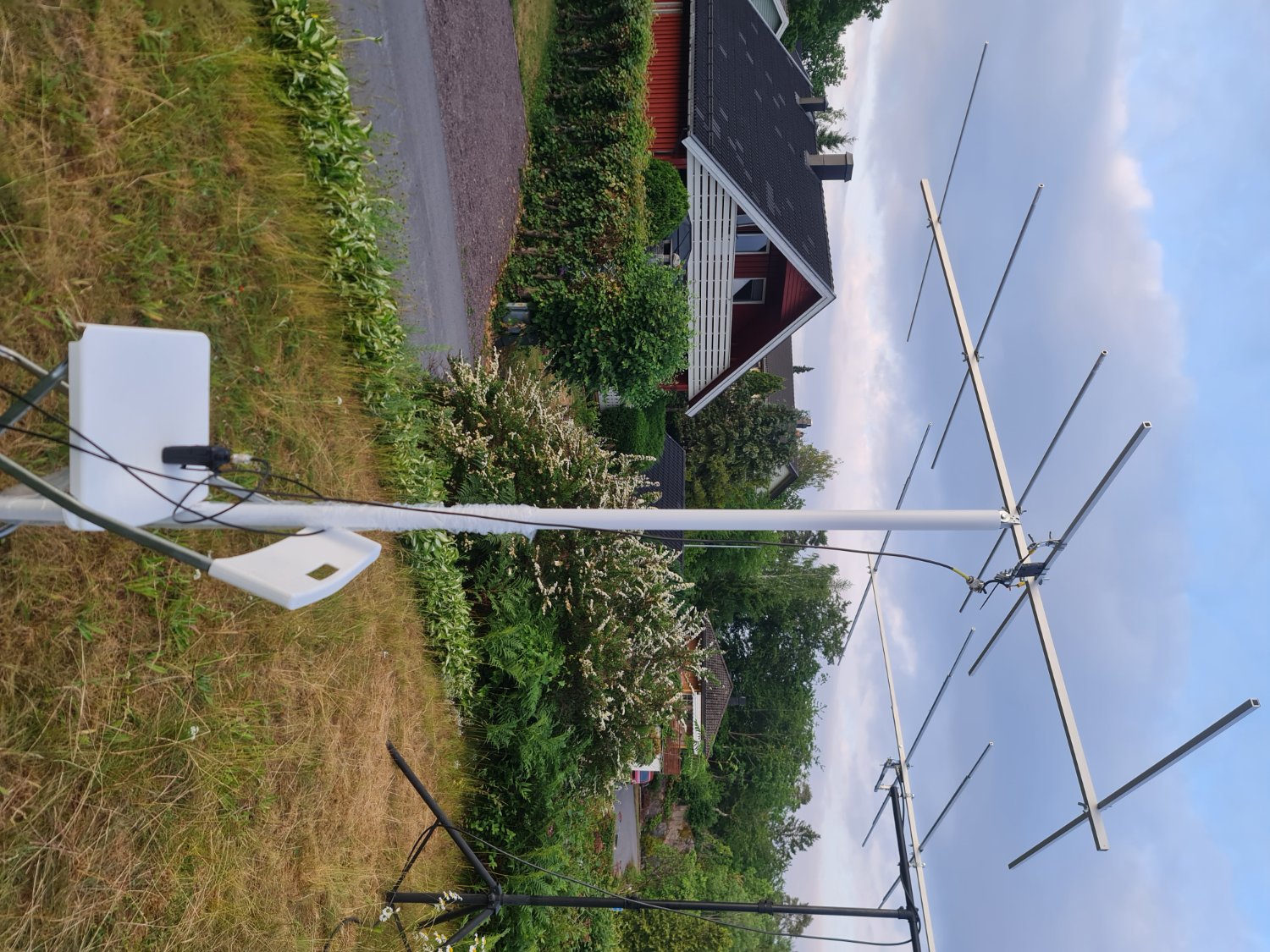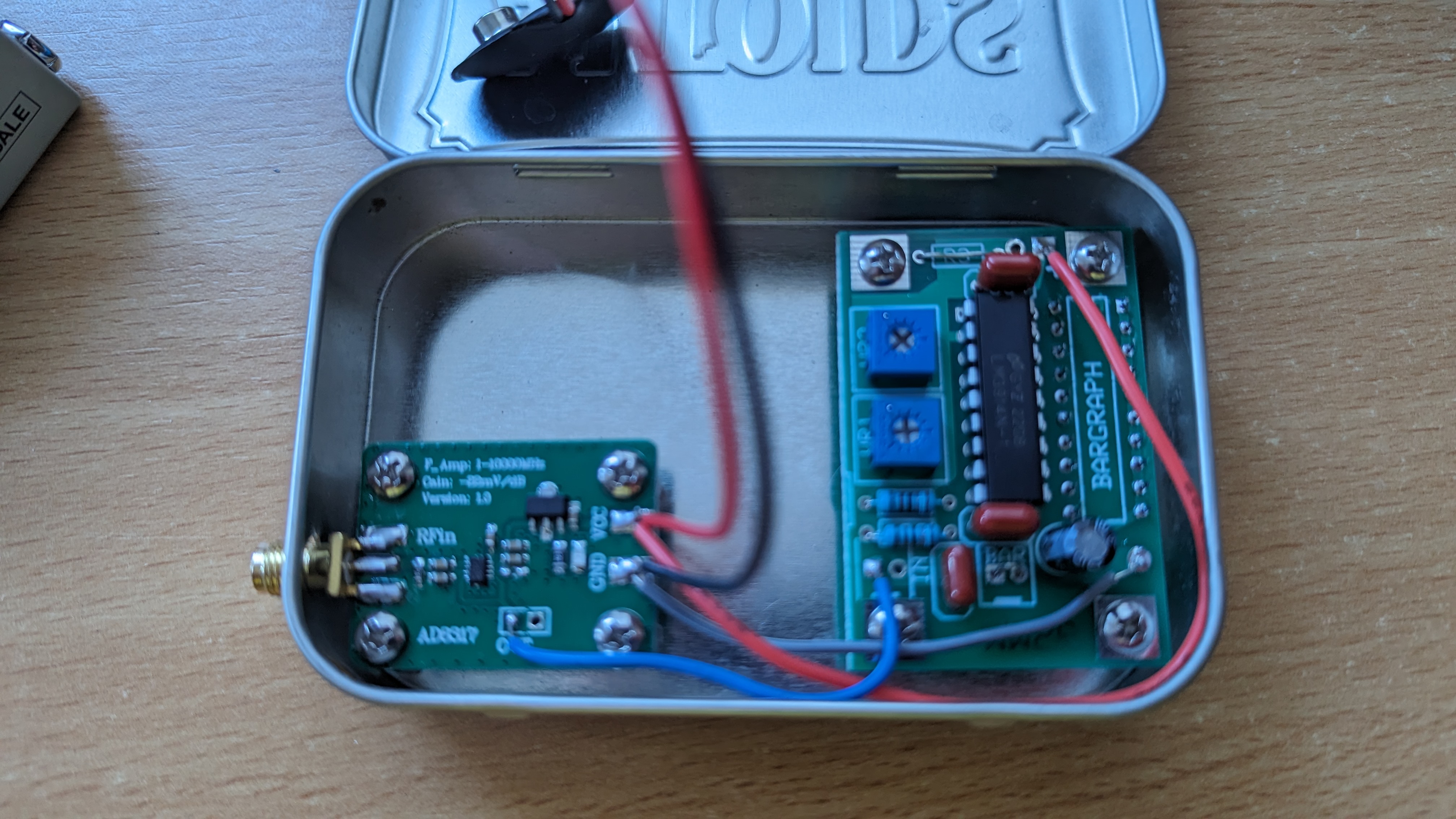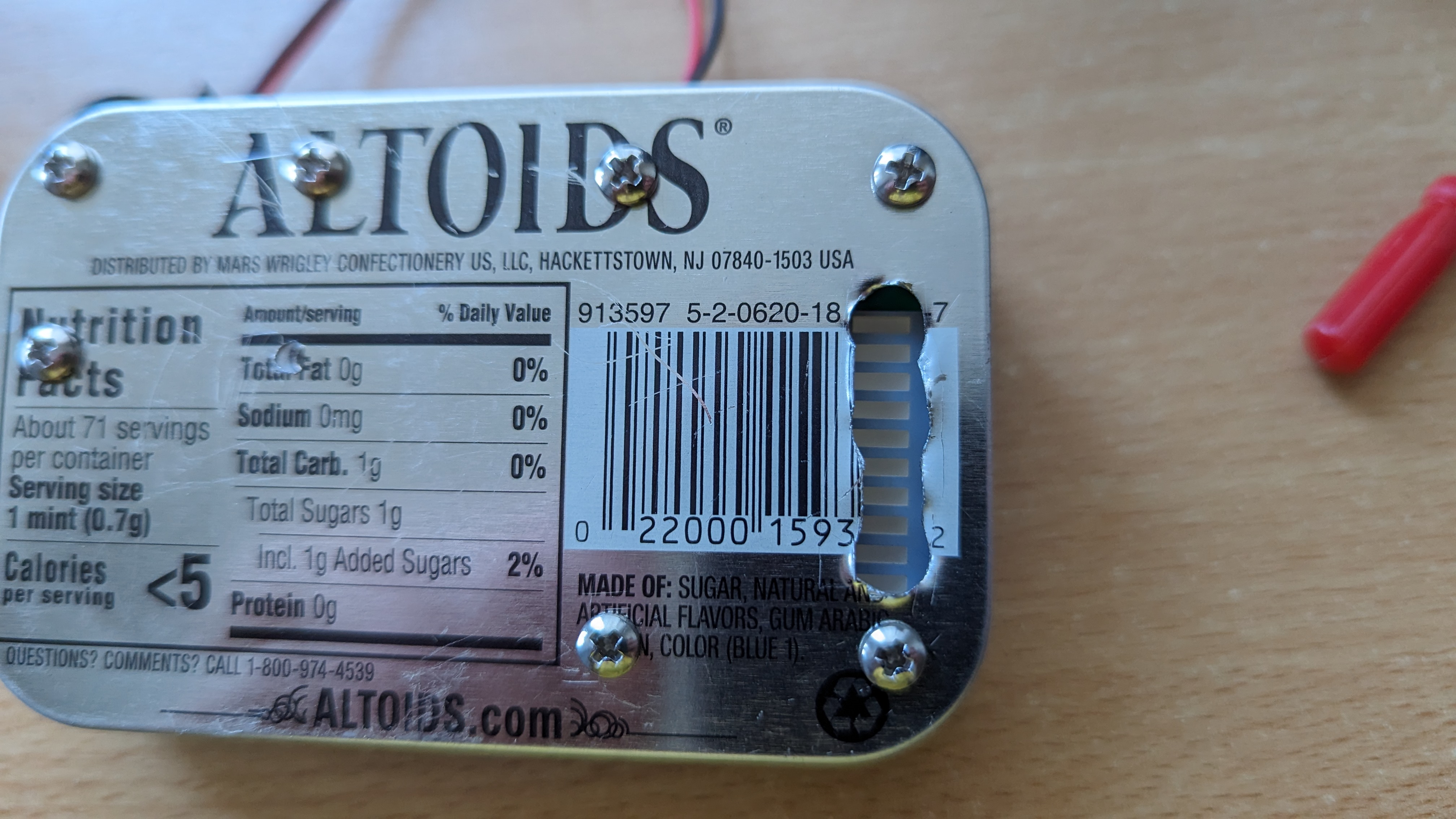I recently built myself a ground plane ADSB antenna. Following the results of an online calculator got me in the ballpark of the lowest SWR being close to my target frequency. At this point, I started adjusting things and noticed that the SWR shifted when I adjusted the vertical angle of the radials. SWR shifted to my chosen frequency when the radials were about 20* above the horizon, which looks like no ground plane antenna I've ever seen before, which either have horizontal or radials angled down at 45*.
With that background, I have 3 questions:
1: What is the implication on radiation/reception pattern of ground plane radials above horizontal? Am I missing out on transmissions close to the horizon and adding vertical gain?
2: Does SWR being lowest with "inverted" radials indicate that the radials are too long? Too short? Just right and I did something else wrong?
3: Is ground plane radial length measured from the attachment point, or the theoretical distance between the end of the radial and the bottom of the radiator? There's a good chance I built these too long, since I measured the radial length from the attachment point, not the base of the radiator (~1cm further)
Thanks for any guidance! Antennas are black magic to me, and I clearly don't know the right terms to put into search engines to find the results to these questions.


